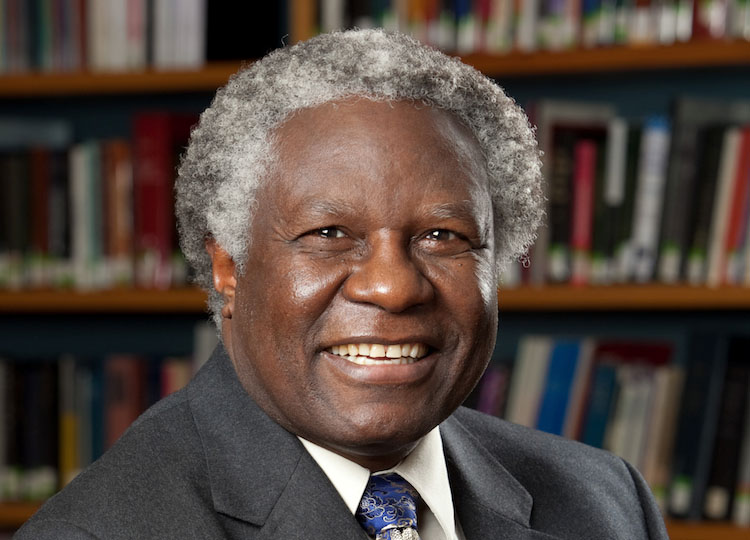By Global Information Network
NEW YORK (IDN) –The Kenyan director of the Science, Technology and Globalization Project at Harvard University, Professor Calestous Juma, passed away in Boston, Massachusetts, on December 15, at the age of 64.
Juma served as Professor of the Practice of International Development, and was affiliated with the Belfer Center for Science and International Affairs, the Center for International Development, and the Mossavar-Rahmani Center for Business and Government.
The Harvard Kennedy School recalled Juma as a widely acclaimed academic whose research and writing focused on science, technology, and environment, and on the ways in which they could be harnessed to improve the lives of people. He won multiple international awards for his work on sustainable development, and was named among the 100 Most Influential Africans for 2016 by New African magazine.
At the Harvard, Juma was director of the Science, Technology and Globalization Project as well as the Agricultural Innovation in Africa Project funded by the Bill and Melinda Gates Foundation. His latest book, The New Harvest: Agricultural Innovation in Africa was published in 2011.
In 2013, he sparked controversy when he agreed to write a series of seven papers in support of genetically modified organisms in response to a request by the U.S.-based Monsanto company.
Monsanto suggested the headline: “Consequences of Rejecting GM crops” and later proposed a website on the same subject.
According to the Boston Globe of October 2, 2015, “Monsanto not only assigned Professor Juma the topic. It went so far as to provide a summary of what the paper should say and a suggested headline. The company then connected the professor with a marketing company to pump it out over the Internet and attract media attention, according to the e-mails obtained through a public records request.”
Juma, an expert in international development, insisted he was not paid by Monsanto to extol the benefits of GMOs. He used material from his previously published book on the topic, and did not perform new research for Monsanto nor change his views.
Proponents of genetically modified organisms say they can help solve world hunger because crops produce higher yields and need less pesticide and fertilizer. Opponents say GMOs may be harmful to human health and are responsible for creating “super weeds”, plants that have adapted to withstand the powerful herbicides used on GMO crops. [IDN-InDepthNews – 19 December 2017]
Related article > https://qz.com/1159033/calestous-jumas-death-harvard-professors-legacy-is-his-support-of-innovation-in-africa/
Photo: Professor Calestous Juma. Credit: The Breakthrough Institute
IDN is the flagship agency of the International Press Syndicate
Facebook.com/IDN.GoingDeeper – twitter.com/InDepthNews

